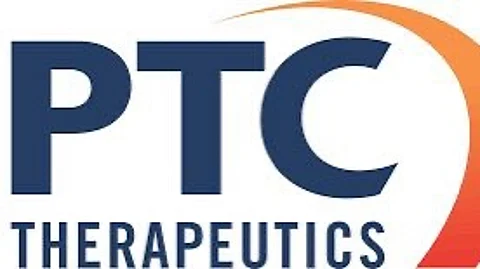

AP
A groundbreaking treatment has been approved by the FDA, offering a new hope for patients with an ultra-rare enzyme deficiency that severely impacts muscle function and overall development. This innovative gene therapy, developed by PTC Therapeutics, is the first in the U.S. to be administered directly into the brain. Known in development as eladocagene exuparvovec and marketed in Europe under the brand name Upstaza, the therapy will be sold in the U.S. as Kebilidi.
Aromatic L-amino acid decarboxylase (AADC) deficiency, the condition targeted by this therapy, results from mutations in the DDC gene. This enzyme is crucial for the production of neurotransmitters like dopamine, which are vital for movement, attention, learning, and memory. Patients with AADC deficiency suffer from severe developmental delays and a lack of gross motor function. Traditional treatments include dopamine agonists, which mimic dopamine to stimulate receptors in the brain, but these have limited efficacy.
Kebilidi is a gene replacement therapy that introduces a functional version of the DDC gene to replace the defective one. The therapeutic gene is delivered using an adeno-associated virus, which is directly infused into the brain. The one-time surgical procedure involves four infusions into the putamen, a brain region associated with motor control and learning. The goal of this treatment is to stimulate the production of the deficient enzyme, thereby increasing dopamine levels in the brain.
FDA approval of Kebilidi was based on an open-label study involving 13 pediatric patients with severe AADC deficiency, aged between 16 months and 10 years. None of the participants had gross motor function prior to treatment. Results showed that after 48 weeks, eight of the 12 patients assessed showed improvements in motor function. Among these, three patients were able to gain head control, and two could sit independently or with minimal support. The best outcomes were observed in patients treated before the age of two, with two such patients even able to walk backward by the end of the study period. In contrast, children treated after the age of 2.8 years showed fewer gains in motor milestones.
Although initially tested only in children, FDA approval covers both pediatric and adult patients with this inherited disorder. Kebilidi had already received regulatory approval in several regions, including Europe, Israel, Brazil, and Taiwan. PTC Therapeutics faced delays in securing U.S. approval due to the FDA’s requests for additional data. However, the therapy was ultimately granted accelerated approval, which allows for a faster review process based on preliminary evidence. As part of this approval, PTC is required to provide further data through long-term follow-ups of previously treated patients. Analysts from William Blair, including Sami Corwin, noted that some patients have shown sustained benefits for up to a decade post-treatment.
With fewer than 350 cases of AADC deficiency reported globally, the market for Kebilidi is limited. However, analysts project that the therapy could achieve peak annual sales of $266.3 million by 2026. The approval also awarded PTC a priority review voucher, a valuable asset that can be used for expedited FDA review of future drugs or sold to other companies. These vouchers are in high demand; for example, Acadia Pharmaceuticals recently sold a similar voucher for $150 million after gaining FDA approval for a rare neurological disorder treatment.
Industry experts are optimistic that the approval of Kebilidi represents a significant step forward for gene therapies, especially those involving direct brain administration. The success of this therapy could pave the way for further innovations targeting neurological and genetic disorders.
Reference:
1. U.S. Food and Drug Administration. "FDA Approves First Gene Therapy Treatment for Aromatic L-Amino Acid Decarboxylase Deficiency." FDA Press Announcements. Accessed November 25, 2024. https://www.fda.gov/news-events/press-announcements/fda-approves-first-gene-therapy-treatment-aromatic-l-amino-acid-decarboxylase-deficiency.
(Input From Various Sources)
(Rehash/Ankur Deka/MSM)
